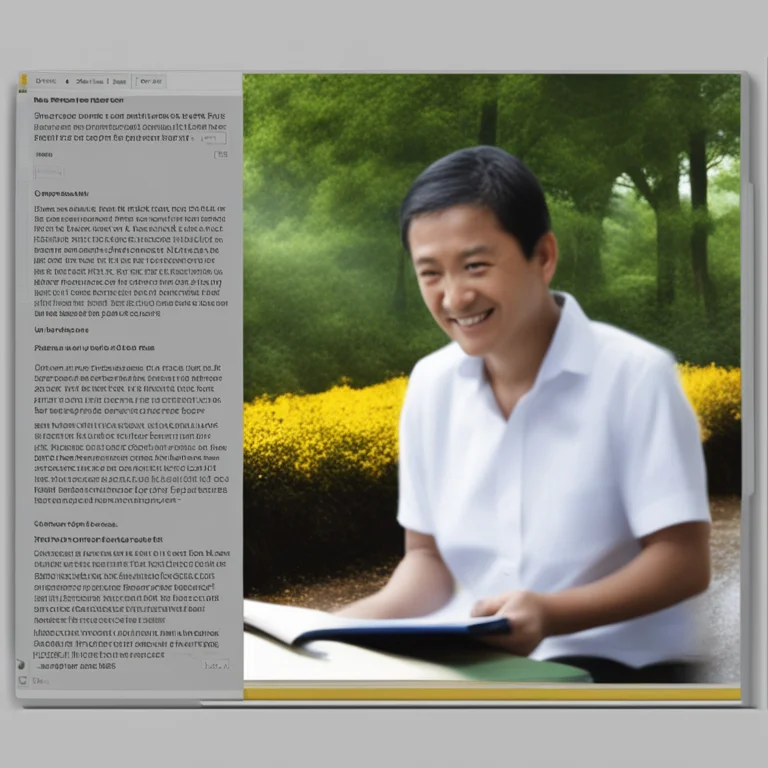
How Meditation Can Alleviate Anger
Discover how meditation techniques can offer a pathway to managing and reducing anger, fostering emotional wellbeing.
article by Hina Kurosawa
The Root of Anger
Many of us have faced the heat of anger at one time or another. It's a natural, albeit often uncomfortable, human emotion with potential consequences for our relationships and health. As we advance into 2024, the stresses of modern life can amplify these feelings. Understanding anger's origins – the psychological triggers and physiological responses – is the first step towards managing it. From there, we recognize it as a signal, perhaps spotlighting an unmet need or an injustice, rather than an uncontrollable force.

Meditation as a Tool for Calm
Meditation, a practice with ancient roots but backed by modern science, is widely acclaimed for its positive effects on mental health. It centers on the cultivation of mindfulness, which involves paying non-judgmental attention to the present moment. Meditation teaches us to observe our thoughts and emotions without getting entangled in them. Through regular practice, we can establish a calm observatory within ourselves, a space where feelings of anger can be acknowledged and allayed before they escalate.

Types of Meditation for Anger Management
There is a diverse landscape of meditation techniques, each potentially beneficial for assuaging anger. Mindfulness meditation encourages practitioners to observe their feelings of anger without attachment, reducing their intensity over time. Loving-kindness meditation, another approach, fosters feelings of compassion for oneself and others, dissolving anger's hold. As we enter 2024, the emergence of apps and virtual reality meditation experiences offer new avenues to practice these ancient techniques.

The Physiological Impact
Meditation's impact extends beyond the psychological realm. Engaging in regular meditation can modify our brain's response to stress, lowering the likelihood of an anger response. Neuroscientific research suggests that meditation can decrease activation in the amygdala, the brain's hub for processing emotions like fear and anger, while enhancing connections in the prefrontal cortex, which regulates our responses to these emotions. These physiological changes underscore the effectiveness of meditation in achieving emotional balance.

Building a Consistent Practice
The benefits of meditation on anger are most potent when it's practiced consistently. Carving out time each day to meditate can seem daunting, but even a few minutes can make a difference. The key is regularity, creating a ritual that becomes as routine as brushing your teeth. Doing so doesn't just temper anger; it enhances overall emotional resilience. In our fast-paced world, where instant gratification is often the norm, it's a long-term investment in your mental health.
Overcoming Challenges in Your Journey
Initiating a meditation practice, particularly with a goal to manage emotional states such as anger, can be challenging. Distractions, skepticism, and impatience can derail the best of intentions. To counter these challenges, start small, seek out guided meditations, and remember why you began. Remain patient and gentle with yourself, even when progress seems slow. In time, the transformative power of meditation to quell anger will become evident.
Published: 1/9/2024
Modified: 1/9/2024
More predictions
Come back here soon to learn more about yourself and your future


Mindful Rest: Integrating Meditation & Sleep for Well-being
Discover the synergy of meditation and sleep in enhancing mental, emotional, and physical health. This article delves into practices that combine these powerful restoration tools.


The Serenity Sojourn: Embrace a Meditation Retreat
Delve into the tranquility of a meditation retreat and rejuvenate your mind, body, and soul with practices that transcend time.


Retreat Into Serenity: A Guide to Meditation Getaways
Discover the transformative power of meditation retreats and how they can rejuvenate your mind, body, and soul.